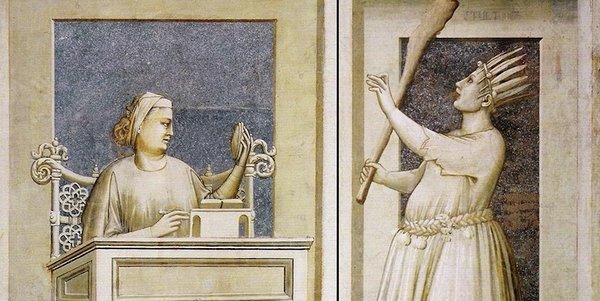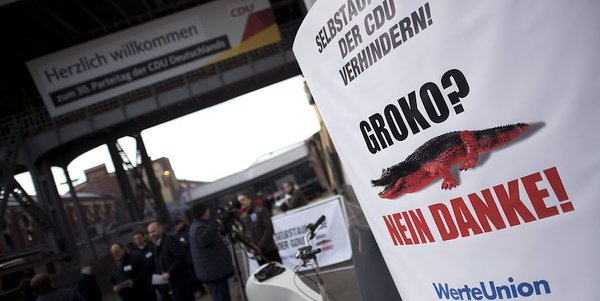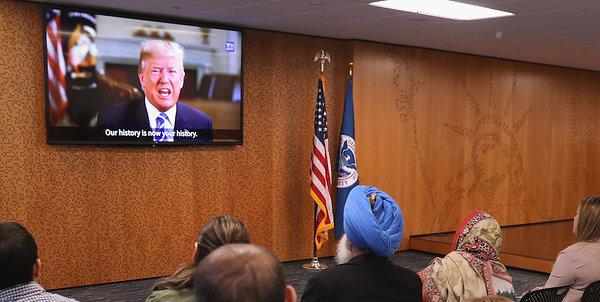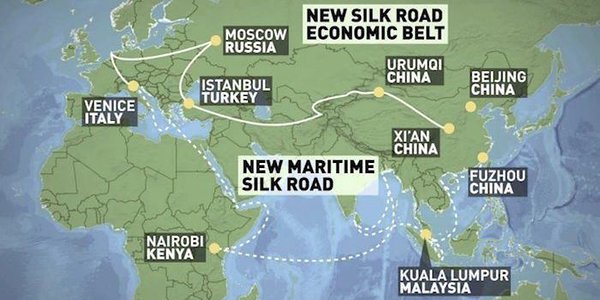International conference "The Soul of Europe vol3"
On 23 November 2018 an international conference "The Soul of Europe vol3", initiated by MEP Tunne Kelam, and organised by Pro Patria Institute, the EPP Group in the European Parliament and Konrad-Adenauer-Stiftung, took place in Tallinn. A number of renown political thinkers and actors took floor to discuss the main European values and their role in international co-operation. Maailma Vaade went to ask some important questions from three of the speakers.Watch all three interviews here >>
Go to the conference website >>
19 June 2018
Purpose of hope and society of well-doing
Jari Ehrnrooth
In Europe, every political agent speaks about values – about human rights, about fair trade, about social security and justice, about equality of all human beings, about stopping the climate change, about right of well-being to every one. So far so good, one could say, and yet I have the feeling that all in this proud and loud European value-talk is not rattling right.
Something is missing. And that something is the great common vision or the promising bright future or the ultimate goal of our much-valued culture and society of freedom. I cannot help but think that European people do not know to which end they really want to lead the historical process. And yet the process goes on, it cannot be stopped – so it would be once again time to consider the very basic ideas of human nature and goals of human development. Continue reading >>
5 March 2018
Revolution. The rise of right-wing populism in Germany
Florian HartlebThe year 2016 was an annus horribilis and acted as a warning about the new reality of post-truth politics. It included Brexit, the refugee crisis, the fear of Islamist terrorism with numerous and ongoing attacks, the rise of right-wing populist parties and, more generally, authoritarian developments on a global scale. After the dramatic accumulation of warning signals for the liberal democracies and the EU as a political system sui generis, two scenarios have been discussed: was 2016 the zenith of the wave of populism with the Dutch and French elections serving as a reality check (Marine Le Pen and Geert Wilders could not reach the unrealistic goal of becoming president and prime minister of their respective countries) or is it just the start for populism as a central political force in European politics? Continue reading >>
22 January 2018
The changing world order and President Trump: year one in review
Matthew CrandallThe 2016 United States presidential election elevated a temperamental populist to the presidency during a volatile time in world politics. The United States had not seen a president like Trump since perhaps Andrew Jackson (1829-1837). As a presidential candidate, Trump destroyed common norms for a prospective president with blustering tweets and inappropriate speech. The world hadn’t seen such turmoil since the breakup of the Soviet Union: a nuclear North Korea, resurgent Russia, lingering conflicts in Africa, war in the Middle East and the accompanying great wave of migration. Critics of Trump warned of doomsday scenarios and the need for calm, steady leadership in a time of turmoil. The world is still in turmoil and Trump continues to tweet whatever comes to his mind, but none of the doomsday scenarios have come to pass. With one year already having gone by, it is a good time to evaluate President Trump’s presidency and its impact on the world order and transatlantic relations in particular. Continue reading >>
14 September 2017
NATO and its partnerships in the Asia-Pacific vs. China’s “marching West”: a new international system in the making? *
Vlad Alex VernygoraGlobal multi-polar redesign has already become an ordinary attribute of the actuality – a good number of serious scholars consider it independent variable in their research on international relations. The framework that was established by Stalin, Roosevelt and Churchill in February 1945 is increasingly looking like an atavism of the ancient past. The San Francisco Conference, which had almost precisely followed the geostrategic ‘recipe’ prescribed by the three ‘healers’ at Yalta, wanted the world to believe that it was up to 51 countries to establish the United Nations (UN). Definitely, it was not up to them, but an excellent myth was created. From then on, every single General Debate of the UN General Assembly has been featured by dozens of statements delivered by different political leaders on how proud their respective nations are to be known in history as inaugural members of the mighty UN. In such situations, there is always a temptation to ask a regular Ukraine, for example, a set of simple questions: “Hey, Ukraine! Did the fact that you were admitted to the UN on 24 October 1945 help you to stop the most recent Russian aggression? Why did the “other peace-loving states”, which, according to the UN’s main document, “accept[ed] the obligations contained in the […] Charter and, in the judgment of the Organisation, […] [were supposed to be] able and willing to carry out these obligations”, do very little to prevent the appalling tragedy of Ilovaisk in August 2014? How could it happen that one of the major “peace-loving states” is the actual aggressor? Please do not answer, these were rhetorical enquiries.” Continue reading >>










